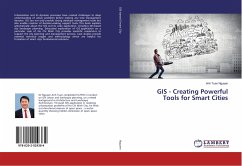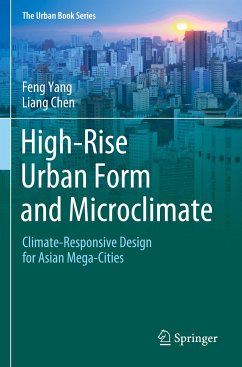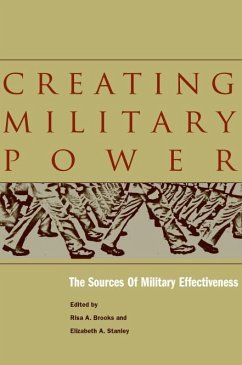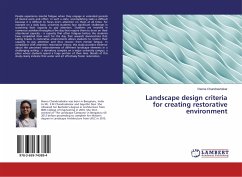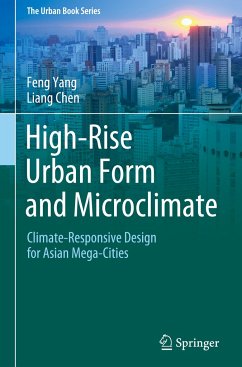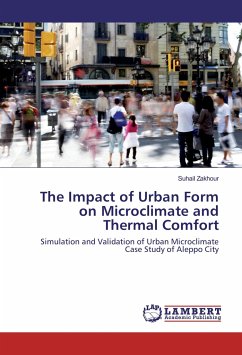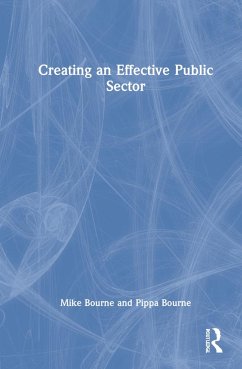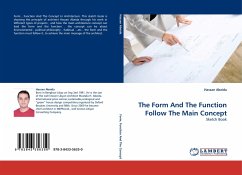
Creating Sustainable Urban Form
The Urban Development Boundary as a Planning Tool for Sustainable Urban Form: Implications for the Gauteng City Region
Versandkostenfrei!
Versandfertig in 6-10 Tagen
52,99 €
inkl. MwSt.

PAYBACK Punkte
26 °P sammeln!
Current urban settlement formation in the developing areas of South Africa is unsustainable. While the reasons are undoubtedly diverse and complex, having political, economical and social dimensions, it is argued that the prevailing approach to layout planning is part of the problem. The introduction of the global city region concept in Gauteng initiated different mindsets and spatial planning approaches. There is now, more than ever, a need for transformation. This research proposed an alternative approach to current planning structures in order to guide urban form and to ensure qualitative, ...
Current urban settlement formation in the developing areas of South Africa is unsustainable. While the reasons are undoubtedly diverse and complex, having political, economical and social dimensions, it is argued that the prevailing approach to layout planning is part of the problem. The introduction of the global city region concept in Gauteng initiated different mindsets and spatial planning approaches. There is now, more than ever, a need for transformation. This research proposed an alternative approach to current planning structures in order to guide urban form and to ensure qualitative, sustainable environments. The urban development boundary is evaluated as the planning tool to address the current development problems and achieve sustainable urban form. This research will guide Urban Planners, Designers, Politicians, Local Authorities and Planning Students towards a new way of thinking in regards to sustainable urban form, relevant planning tools and the beneficial spinoffs of integrated spatial planning.



